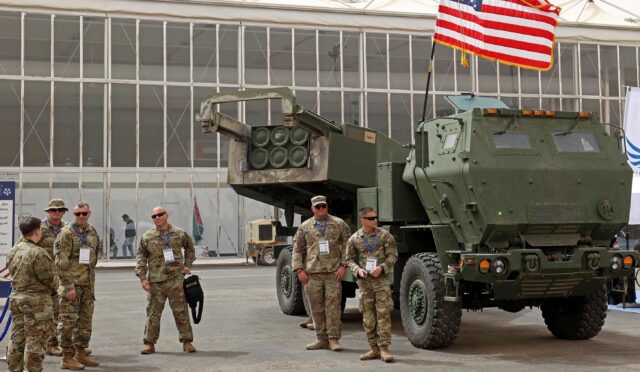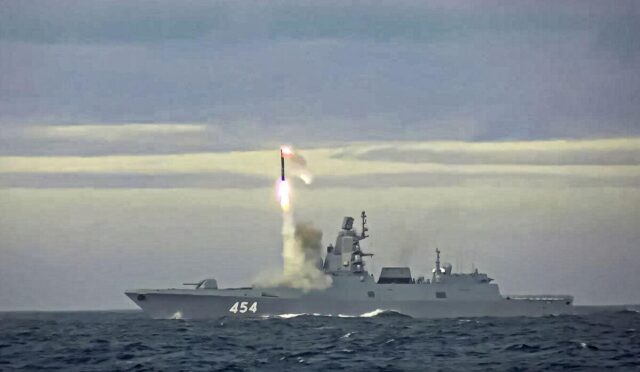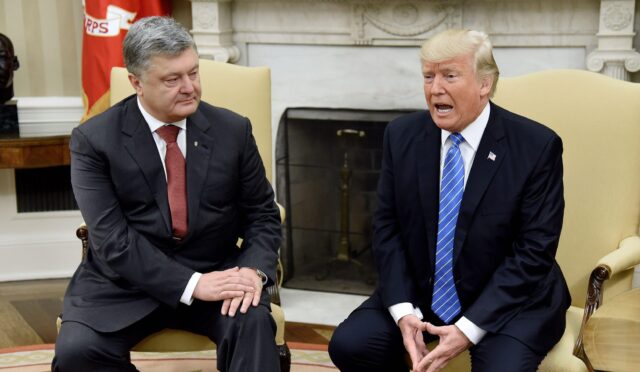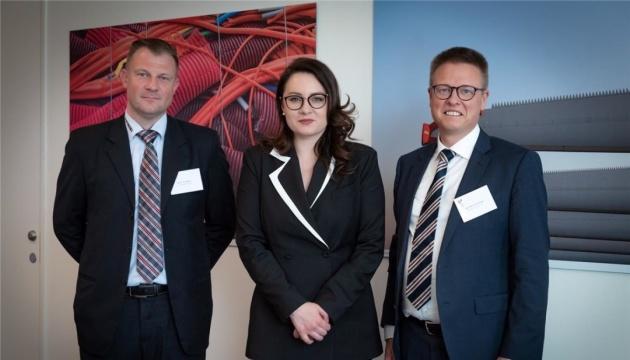Greenhouse Robotics Secures License-Free Export Status
Australia has officially granted license-free export status to Greenhouse Robotics, a startup based in Perth. This development allows the company to distribute its advanced AI-enabled autonomous vessel software as part of the AUKUS program. AUKUS, a trilateral defense agreement involving Australia, the UK, and the US, seeks to establish a collaborative framework for producing a cutting-edge nuclear-powered attack submarine fleet.
The recognition of Greenhouse Robotics aligns with the ongoing efforts under AUKUS to enhance defense capabilities through innovation. This is a significant milestone for the startup, which has positioned itself at the forefront of maritime technology aimed at addressing complex challenges in naval operations.
The AUKUS Program: A Strategic Defense Initiative
AUKUS stands as a pivotal defense agreement that unites Australia, the United Kingdom, and the United States in their commitment to bolstering security and defense collaboration in the Indo-Pacific region. Central to this initiative is the development of a fleet of nuclear-powered submarines that integrate sophisticated technology and components sourced from all three nations.
The strategic importance of AUKUS is highlighted by its focus on advancing defense technologies, with a keen emphasis on collaboration among allies. This partnership represents a progressive move towards ensuring maritime security through innovative solutions that address emerging threats.
Innovative Technology by Greenhouse Robotics
Harry Hubbert, the Chief Operating Officer and co-founder of Greenhouse Robotics, outlines the core purpose of their technology. The startup’s AI-enabled systems are crafted to enhance automated situational awareness and streamline pathfinding operations for naval vessels. This cutting-edge software aims to revolutionize how maritime missions are conducted, making them more efficient and effective.
The innovation presented by Greenhouse Robotics places the company at a critical juncture in maritime automation. By integrating artificial intelligence with naval vessels, they are not only improving operational capabilities but also potentially reshaping naval engagements in the future.
The Future of Maritime Automation
As nations increasingly recognize the importance of technological advancement in defense, the relevance of companies like Greenhouse Robotics is poised to grow. Their developments could inspire a new era of maritime automation, where AI-driven systems play a central role in naval operations.
The path forward for Greenhouse Robotics appears promising as they continue to innovate within the defense sector. With the support of AUKUS and governmental backing, their technology has the potential to redefine how navies operate in increasingly complex environments.







